Your Carbon source utilization images are available. Carbon source utilization are a topic that is being searched for and liked by netizens now. You can Find and Download the Carbon source utilization files here. Get all royalty-free vectors.
If you’re searching for carbon source utilization images information connected with to the carbon source utilization keyword, you have pay a visit to the right site. Our website frequently provides you with hints for seeking the highest quality video and image content, please kindly surf and find more enlightening video articles and graphics that fit your interests.
Carbon Source Utilization. Carbon C plays an important role in the activity and diFversity of soil microbial community but there is still limited information about how C source utilization soil microbial structure responds to soil organic carbon changes under the doublecropping rice Oryza sativa L system in southern Chinas paddy fields. Cerevisiae for glucose as a carbon source. Two separate clusters for D. The strains were culti- method was the assessment of the immediate carbon vated in LB-medium 10 g of tryptone.
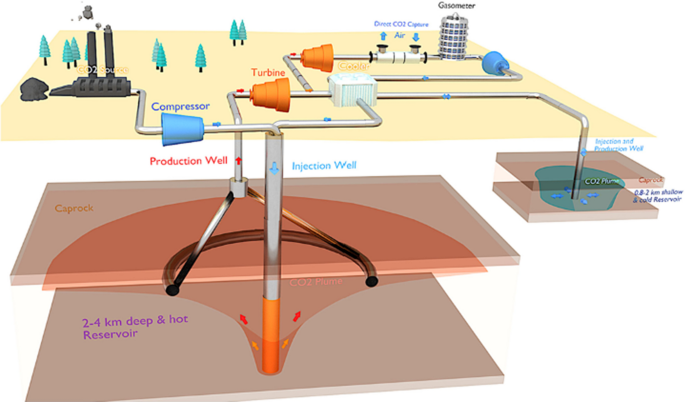 Recent Advances In Carbon Capture Storage And Utilisation Technologies A Review Springerlink From link.springer.com
Recent Advances In Carbon Capture Storage And Utilisation Technologies A Review Springerlink From link.springer.com
The carbon source utilization profiles of these bacterial strains were quite different. Zeae Tremella encephala and Trichosporon coremiiforme. Several carbon sources were also found useful in differentiating the two speices. A heritable switch in carbon source utilization driven by an unusual yeast prion Jessica CS. You have learned in other courses about the importance of carbon fixation by autotrophic photosynthetic plants. Salina and a third cluster in which strains of the two species formed separate subclades that correlated with geographic origin.
The inability to make carbon-carbon bonds and therefore to utilize carbon dioxide as a carbon source is problematic for heterotrophic species including humans and all other animals.
Carbon Source Utilization Profiling. Carbon source utilization profiles of these bacterial strains were determined based upon in vitro use as sole carbon sources of the 30 carbon compounds reported to be present in tomato tissues and presumed to be available in the tomato phyllosphere. The strains were culti- method was the assessment of the immediate carbon vated in LB-medium 10 g of tryptone. The Biolog assay for. Some well-studied oleaginous yeast species as well as some that have not been frequently utilized in research or industrial production emerged as promising candidates for industrial use due to ability to utilize many carbon sources including Cryptococcus aureus Cryptococcus laurentii Hannaella aff. Vahjen W Munch JC Tebbe CC 1995 Carbon source utilization of soil extracted microorganisms as a tool to detect the effects of soil supplemented with genetically engineered and non-engineered Corynebacterium glutamicum and a recombinant peptide at the community level.
 Source: chromoscience.com
Source: chromoscience.com
2Howard Hughes Medical Institute and Department of Biology Massachusetts Institute. Vahjen W Munch JC Tebbe CC 1995 Carbon source utilization of soil extracted microorganisms as a tool to detect the effects of soil supplemented with genetically engineered and non-engineered Corynebacterium glutamicum and a recombinant peptide at the community level. The carbon source utilization profiles of these bacterial strains were quite different. A heritable switch in carbon source utilization driven by an unusual yeast prion Jessica CS. Several carbon sources were also found useful in differentiating the two speices.
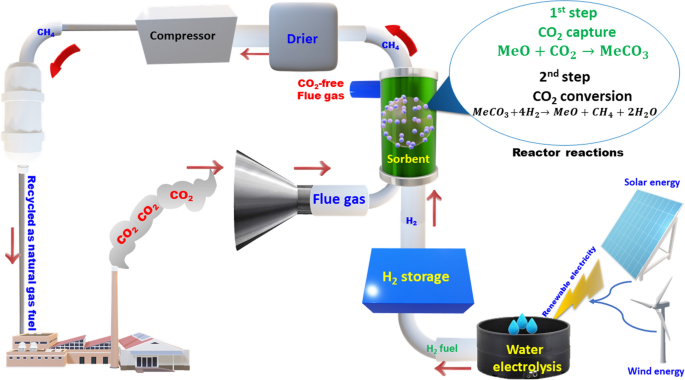 Source: link.springer.com
Source: link.springer.com
The carbon source utilized by plaque communities from more than 90 of subjects in CA or CF group after 96 h incubation were defined as core-positive carbon sources of that particular group. You have learned in other courses about the importance of carbon fixation by autotrophic photosynthetic plants. The Biolog assay for. Vahjen W Munch JC Tebbe CC 1995 Carbon source utilization of soil extracted microorganisms as a tool to detect the effects of soil supplemented with genetically engineered and non-engineered Corynebacterium glutamicum and a recombinant peptide at the community level. However the two species differed in their utilization rates of carbon sources forming three major clusters.
 Source: ecomatcher.com
Source: ecomatcher.com
Carbon Source Utilization Profiling. Carbon C plays an important role in the activity and diFversity of soil microbial community but there is still limited information about how C source utilization soil microbial structure responds to soil organic carbon changes under the doublecropping rice Oryza sativa L system in southern Chinas paddy fields. Carbon source utilization profiles of these bacterial strains were determined based upon in vitro use as sole carbon sources of the 30 carbon compounds reported to be present in tomato tissues and presumed to be available in the tomato phyllosphere. Sole carbon source utilization SCSU patterns and phospholipid fatty acid PLFA profiles were compared with respect to their potential to characterize root-inhabiting microbial communities of hydroponically grown crops. A heritable switch in carbon source utilization driven by an unusual yeast prion Jessica CS.
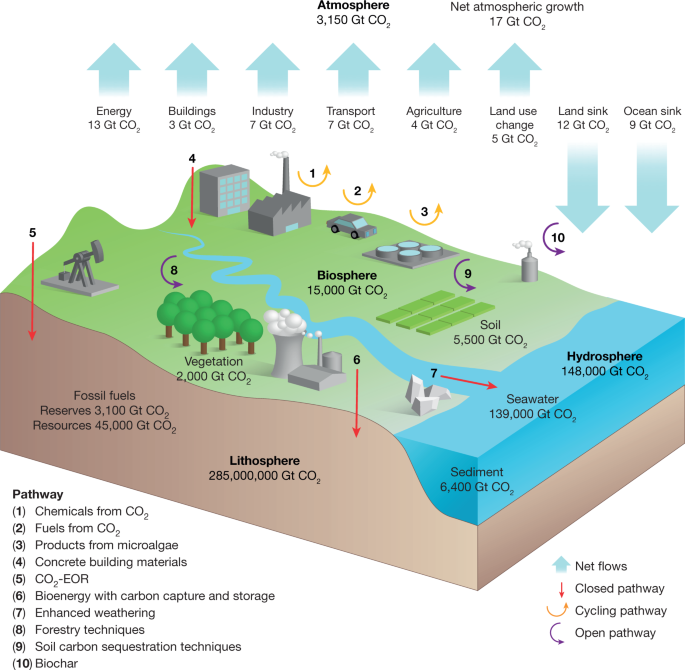 Source: nature.com
Source: nature.com
Brown1 and Susan Lindquist123 1Whitehead Institute for Biomedical Research and Department of Biology Massachusetts Institute of Technology Cambridge Massachusetts 02142 USA. Carbon sources taken by the cell serve as substrates of the metabolic network in which they are broken down to. The carbon source utilization profiles of these bacterial strains were quite different. The carbon source utilized by plaque communities from more than 90 of subjects in CA or CF group after 96 h incubation were defined as core-positive carbon sources of that particular group. Carbon capture utilisation and storage or CCUS is an important emissions reduction technology that can be applied across the energy system.
 Source: nature.org
Source: nature.org
Sole carbon source utilization SCSU patterns and phospholipid fatty acid PLFA profiles were compared with respect to their potential to characterize root-inhabiting microbial communities of hydroponically grown crops. Cerevisiae for glucose as a carbon source. Some well-studied oleaginous yeast species as well as some that have not been frequently utilized in research or industrial production emerged as promising candidates for industrial use due to ability to utilize many carbon sources including Cryptococcus aureus Cryptococcus laurentii Hannaella aff. The strains were culti- method was the assessment of the immediate carbon vated in LB-medium 10 g of tryptone. Carbon source utilization profiles of these bacterial strains were determined based upon in vitro use as sole carbon sources of the 30 carbon compounds reported to be present in tomato tissues and presumed to be available in the tomato phyllosphere.
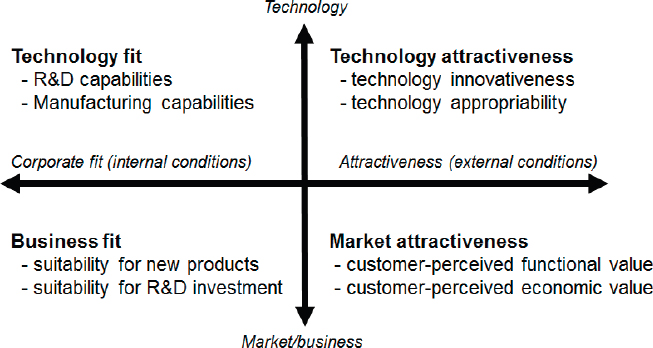 Source: nap.edu
Source: nap.edu
Brown1 and Susan Lindquist123 1Whitehead Institute for Biomedical Research and Department of Biology Massachusetts Institute of Technology Cambridge Massachusetts 02142 USA. The carbon source utilized by plaque communities from more than 90 of subjects in CA or CF group after 96 h incubation were defined as core-positive carbon sources of that particular group. FEMS Microbiol Ecol 18. Several carbon sources were also found useful in differentiating the two speices. The carbon source utilization profiles of these bacterial strains were quite different.
 Source: pnas.org
Source: pnas.org
The inability to make carbon-carbon bonds and therefore to utilize carbon dioxide as a carbon source is problematic for heterotrophic species including humans and all other animals. FEMS Microbiol Ecol 18. Carbon sources taken by the cell serve as substrates of the metabolic network in which they are broken down to. The strains were culti- method was the assessment of the immediate carbon vated in LB-medium 10 g of tryptone. Microorganisms utilize simple carbon sources such as glucose to propagate and generate molecules that are essential to life which forms the foundation of the fermentation industry.
 Source: sciencedirect.com
Source: sciencedirect.com
5 g of yeast source utilization of whole environmental samples extract 10 g of NaCl and I g of glucose I- of using commercially available microtiter plates with distilled water pH 70 or onto LB-agar LB medium 95 different. Cerevisiae for glucose as a carbon source. The Biolog assay for. Brown1 and Susan Lindquist123 1Whitehead Institute for Biomedical Research and Department of Biology Massachusetts Institute of Technology Cambridge Massachusetts 02142 USA. The carbon source utilization profiles of these bacterial strains were quite different.
 Source: link.springer.com
Source: link.springer.com
You have learned in other courses about the importance of carbon fixation by autotrophic photosynthetic plants. Zeae Tremella encephala and Trichosporon coremiiforme. However the two species differed in their utilization rates of carbon sources forming three major clusters. Cerevisiae for glucose as a carbon source. The Biolog assay for.
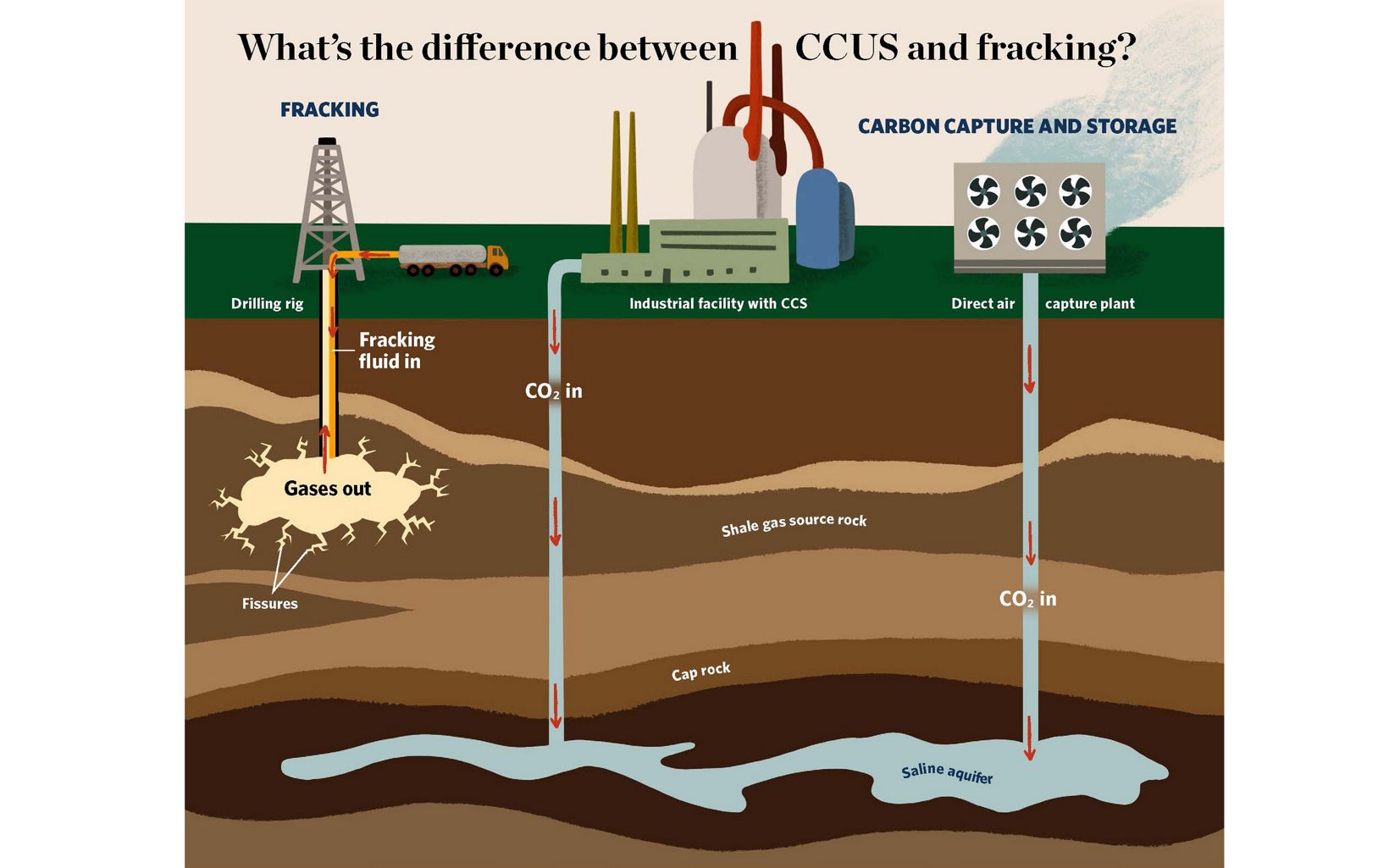 Source: nature.org
Source: nature.org
The basis of the screen was the extreme preference of S. Carbon C plays an important role in the activity and diFversity of soil microbial community but there is still limited information about how C source utilization soil microbial structure responds to soil organic carbon changes under the doublecropping rice Oryza sativa L system in southern Chinas paddy fields. Microorganisms utilize simple carbon sources such as glucose to propagate and generate molecules that are essential to life which forms the foundation of the fermentation industry. However the two species differed in their utilization rates of carbon sources forming three major clusters. FEMS Microbiol Ecol 18.
Source:
Salina and a third cluster in which strains of the two species formed separate subclades that correlated with geographic origin. One was described many years ago in a screen for cells with an alteration in carbon source utilization Ball et al. The Biolog assay for. Sole carbon source utilization SCSU patterns and phospholipid fatty acid PLFA profiles were compared with respect to their potential to characterize root-inhabiting microbial communities of hydroponically grown crops. Categorization of carbon sources.
Source: nap.edu
Zeae Tremella encephala and Trichosporon coremiiforme. Several carbon sources were also found useful in differentiating the two speices. Some well-studied oleaginous yeast species as well as some that have not been frequently utilized in research or industrial production emerged as promising candidates for industrial use due to ability to utilize many carbon sources including Cryptococcus aureus Cryptococcus laurentii Hannaella aff. The carbon source utilized by plaque communities from more than 90 of subjects in CA or CF group after 96 h incubation were defined as core-positive carbon sources of that particular group. However the two species differed in their utilization rates of carbon sources forming three major clusters.
 Source: ec.europa.eu
Source: ec.europa.eu
Carbon capture utilisation and storage or CCUS is an important emissions reduction technology that can be applied across the energy system. Categorization of carbon sources. Sole carbon source utilization SCSU patterns and phospholipid fatty acid PLFA profiles were compared with respect to their potential to characterize root-inhabiting microbial communities of hydroponically grown crops. One was described many years ago in a screen for cells with an alteration in carbon source utilization Ball et al. FEMS Microbiol Ecol 18.
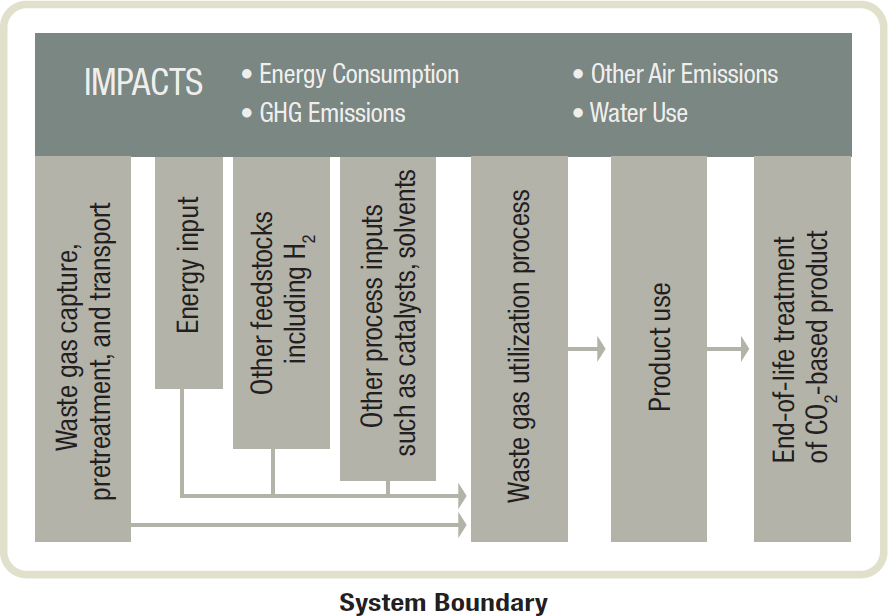 Source: nap.edu
Source: nap.edu
FEMS Microbiol Ecol 18. Salina and a third cluster in which strains of the two species formed separate subclades that correlated with geographic origin. Carbon sources taken by the cell serve as substrates of the metabolic network in which they are broken down to. Sole carbon source utilization SCSU patterns and phospholipid fatty acid PLFA profiles were compared with respect to their potential to characterize root-inhabiting microbial communities of hydroponically grown crops. One was described many years ago in a screen for cells with an alteration in carbon source utilization Ball et al.
 Source: sciencedirect.com
Source: sciencedirect.com
Salina and a third cluster in which strains of the two species formed separate subclades that correlated with geographic origin. Carbon capture utilisation and storage or CCUS is an important emissions reduction technology that can be applied across the energy system. A heritable switch in carbon source utilization driven by an unusual yeast prion Jessica CS. Vahjen W Munch JC Tebbe CC 1995 Carbon source utilization of soil extracted microorganisms as a tool to detect the effects of soil supplemented with genetically engineered and non-engineered Corynebacterium glutamicum and a recombinant peptide at the community level. Two separate clusters for D.
 Source: energy.gov
Source: energy.gov
Cerevisiae for glucose as a carbon source. The strains were culti- method was the assessment of the immediate carbon vated in LB-medium 10 g of tryptone. One was described many years ago in a screen for cells with an alteration in carbon source utilization Ball et al. 2Howard Hughes Medical Institute and Department of Biology Massachusetts Institute. Two separate clusters for D.
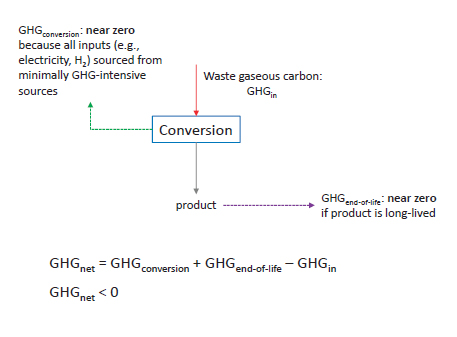 Source: nap.edu
Source: nap.edu
The Biolog assay for. FEMS Microbiol Ecol 18. Categorization of carbon sources. 5 g of yeast source utilization of whole environmental samples extract 10 g of NaCl and I g of glucose I- of using commercially available microtiter plates with distilled water pH 70 or onto LB-agar LB medium 95 different. You have learned in other courses about the importance of carbon fixation by autotrophic photosynthetic plants.
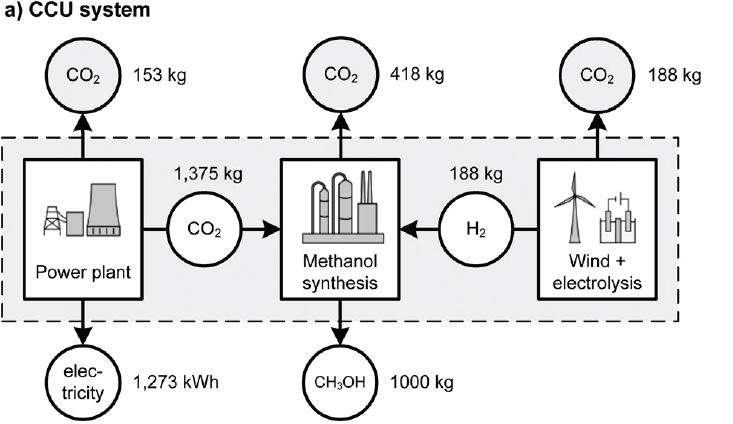 Source: nap.edu
Source: nap.edu
Zeae Tremella encephala and Trichosporon coremiiforme. Pattern analysis of carbon source catabolism with the Biolog assay Biolog Inc Hayward Calif to give a community-level physiological profile CLPP has proven useful as a simple and rapid method to compare microbial communities from low- to moderate-nutrient habitats such as soil water wastewater contaminated sites and activated sludge 3 6 8. FEMS Microbiol Ecol 18. 5 g of yeast source utilization of whole environmental samples extract 10 g of NaCl and I g of glucose I- of using commercially available microtiter plates with distilled water pH 70 or onto LB-agar LB medium 95 different. Carbon capture utilisation and storage or CCUS is an important emissions reduction technology that can be applied across the energy system.
This site is an open community for users to do submittion their favorite wallpapers on the internet, all images or pictures in this website are for personal wallpaper use only, it is stricly prohibited to use this wallpaper for commercial purposes, if you are the author and find this image is shared without your permission, please kindly raise a DMCA report to Us.
If you find this site adventageous, please support us by sharing this posts to your preference social media accounts like Facebook, Instagram and so on or you can also bookmark this blog page with the title carbon source utilization by using Ctrl + D for devices a laptop with a Windows operating system or Command + D for laptops with an Apple operating system. If you use a smartphone, you can also use the drawer menu of the browser you are using. Whether it’s a Windows, Mac, iOS or Android operating system, you will still be able to bookmark this website.






